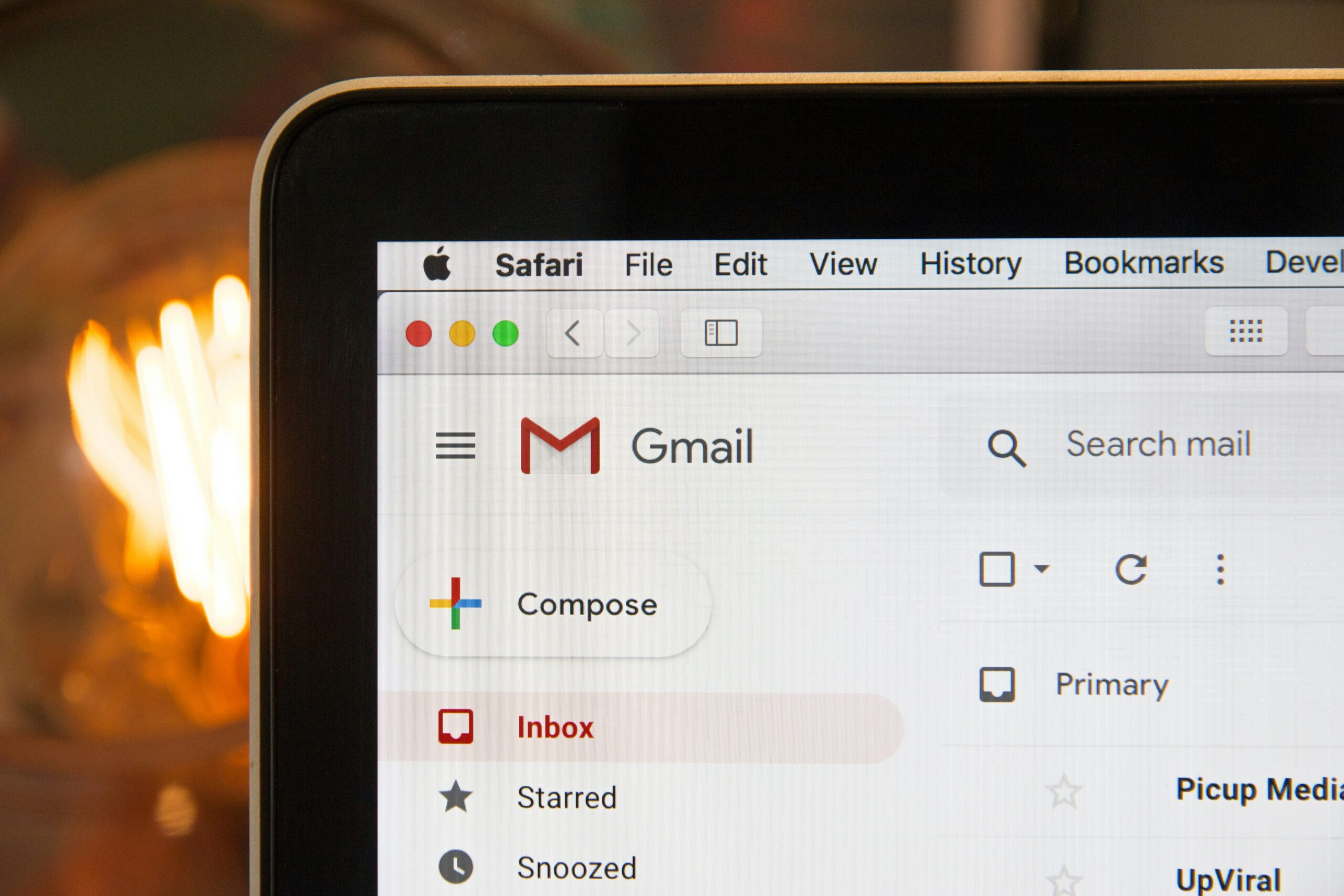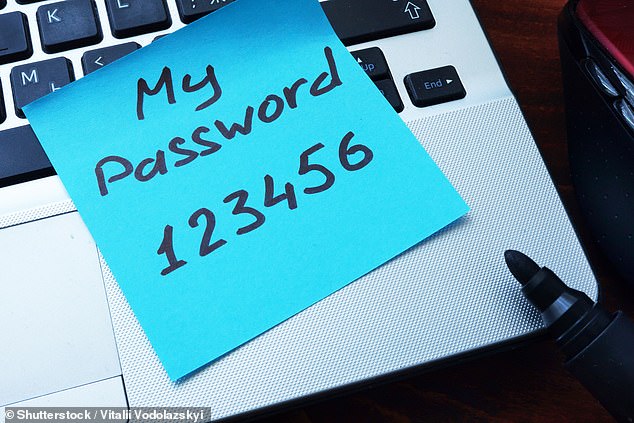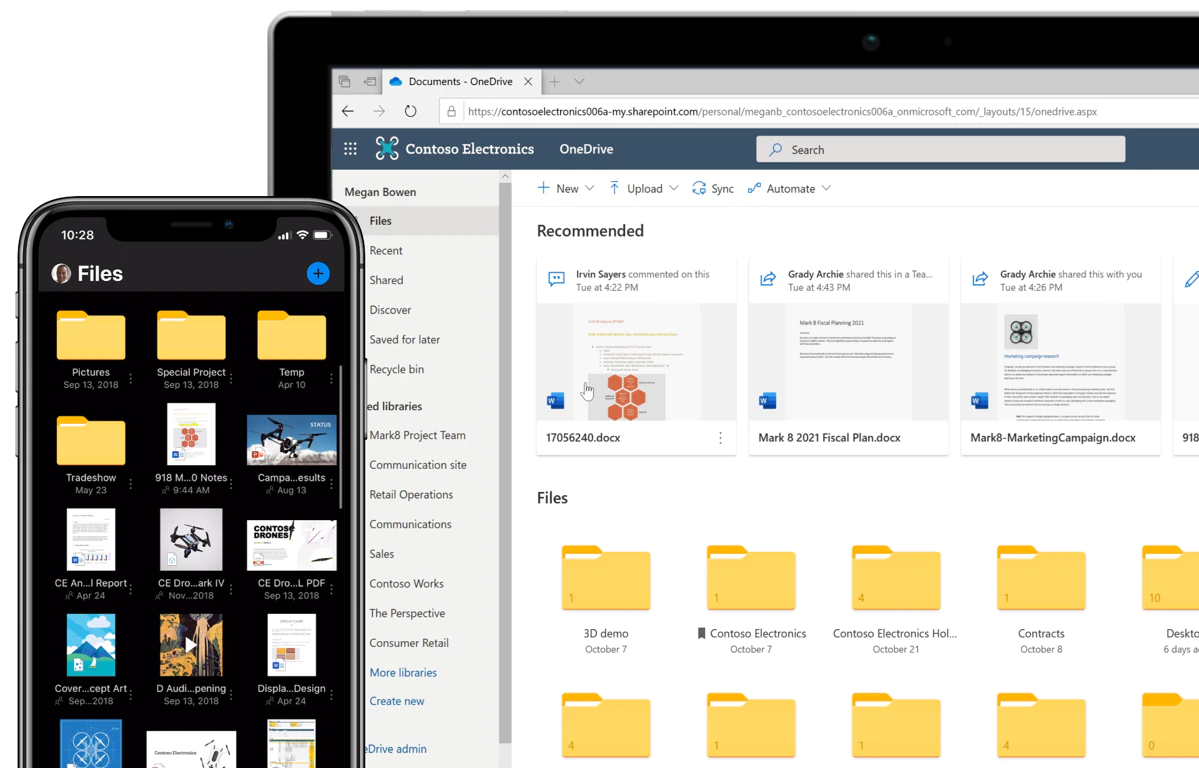In today’s digital age, email communication has become a cornerstone of business and personal interaction. However, with the rise of phishing attacks and email spoofing, ensuring the authenticity and security of emails has never been more critical. Recent updates from major email service providers like Google and Yahoo underscore the importance of robust email authentication protocols, including SPF, DMARC, DKIM, and the emerging BIMI standard. Let’s delve deeper into why these protocols matter and how they impact organizations like Space Cadets.

- SPF (Sender Policy Framework): SPF is an approved senders list for your email. It tells email servers which computers or servers are allowed to send emails on behalf of your domain. This helps prevent scammers from pretending to be you and sending fake emails from your address.
- DMARC (Domain-based Message Authentication, Reporting, and Conformance): DMARC is like a publishing a bulletin to the internet for your email. The bulletin is a message for the recipients of your email, and provides guidance on how a they should treat email that appears to use your company domain if it doesn’t match with the existing SPF and DKIM authentication tools you have put in place. DMARC lets you set rules for what a recipient should do with email that doesn’t match the authentication you established, like marking email as SPAM or rejecting it altogether.
- DKIM (DomainKeys Identified Mail): DKIM is like a digital signature for your email. It adds a special mark to your outgoing messages, proving they haven’t been tampered with and really came from you. This helps recipients trust that the emails they receive are legitimate.

SPF, DKIM, and DMARC collectively form the foundation of email authentication, providing layers of protection against unauthorized use of domains and email spoofing. Each step plays a crucial role in increasing email authentication. SPF (Sender Policy Framework) is typically implemented first, followed by DKIM (DomainKeys Identified Mail), and finally DMARC (Domain-based Message Authentication, Reporting, and Conformance).
Implementing these protocols in the correct sequence is essential for validating the authenticity of email communications. By embedding mechanisms to validate the authenticity of emails, organizations ensure that messages sent from their domain or via trusted third-party services undergo rigorous authentication checks in the prescribed order: SPF, DKIM, and then DMARC. This proactive approach significantly reduces the likelihood of emails being rejected, quarantined, or classified as spam/junk by recipient mail servers. Moreover, by enforcing DMARC policies, organizations can closely monitor and manage email authentication failures, mitigating the risk of domain abuse and safeguarding their brand reputation. 2. Protecting Domain Reputation with Third-Party Email Services:
3. Leveraging BIMI for Enhanced Brand Recognition:

As email authentication standards evolve, embracing emerging technologies like BIMI can further enhance brand recognition and trustworthiness in email communications. BIMI allows organizations to display their logos alongside authenticated emails, providing recipients with visual cues that reinforce the legitimacy of the sender. Implementing BIMI not only enhances the visual appeal of emails but also strengthens brand identity and fosters greater recipient engagement. By adhering to industry best practices and adopting innovative authentication standards, organizations set a precedent for excellence in email communication integrity.
In an era where email security is paramount, it’s crucial for organizations to prioritize robust email authentication practices to protect their brand reputation and ensure the integrity of their communication channels. By implementing SPF, DMARC, DKIM, and embracing emerging standards like BIMI, organizations demonstrate their commitment to secure, reliable, and trustworthy email communication.
Our implementation with Riekes.org stands as a testament to the effectiveness of these protocols in safeguarding against email-based threats and maintaining communication integrity. By extending authentication measures to third-party email services and staying abreast of industry developments, organizations can mitigate the risk of email-based threats and foster greater confidence among recipients.
Ready to secure your email communication? Take the first step towards enhanced email authentication by implementing SPF, DMARC, and DKIM protocols today! Feel free to engage with Space Cadets and reach out to us for further assistance.
At Space Cadets, we utilize AI technologies like natural language processing and image generation models to assist with content creation. This allows us as a small team to provide more robust information. However, any AI-generated content undergoes careful review and editing by our staff to ensure accuracy and quality











